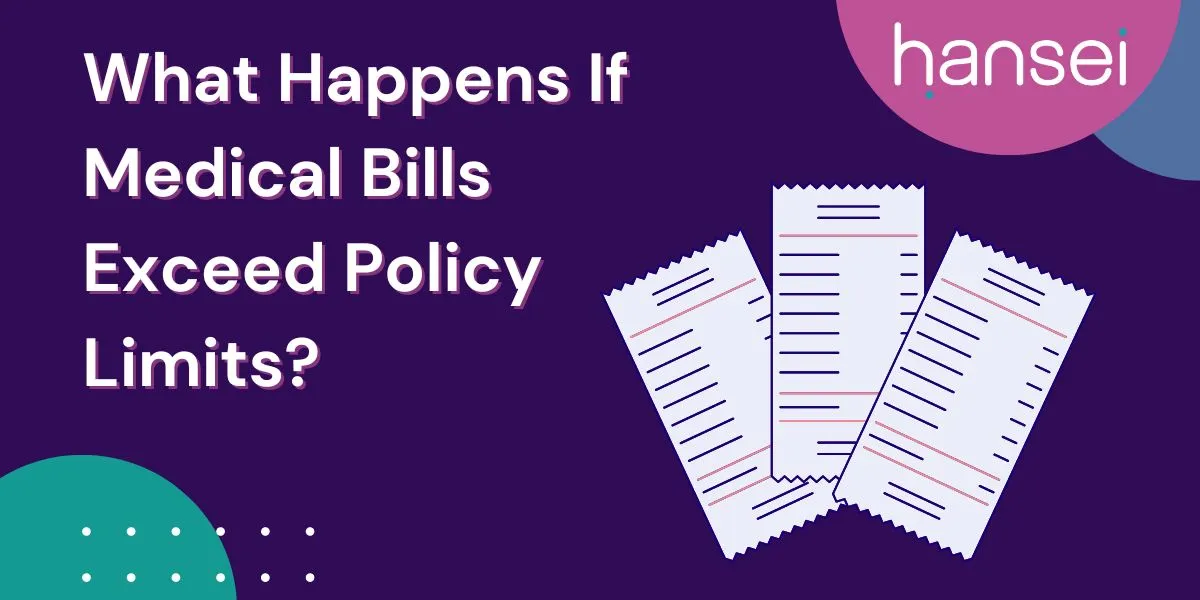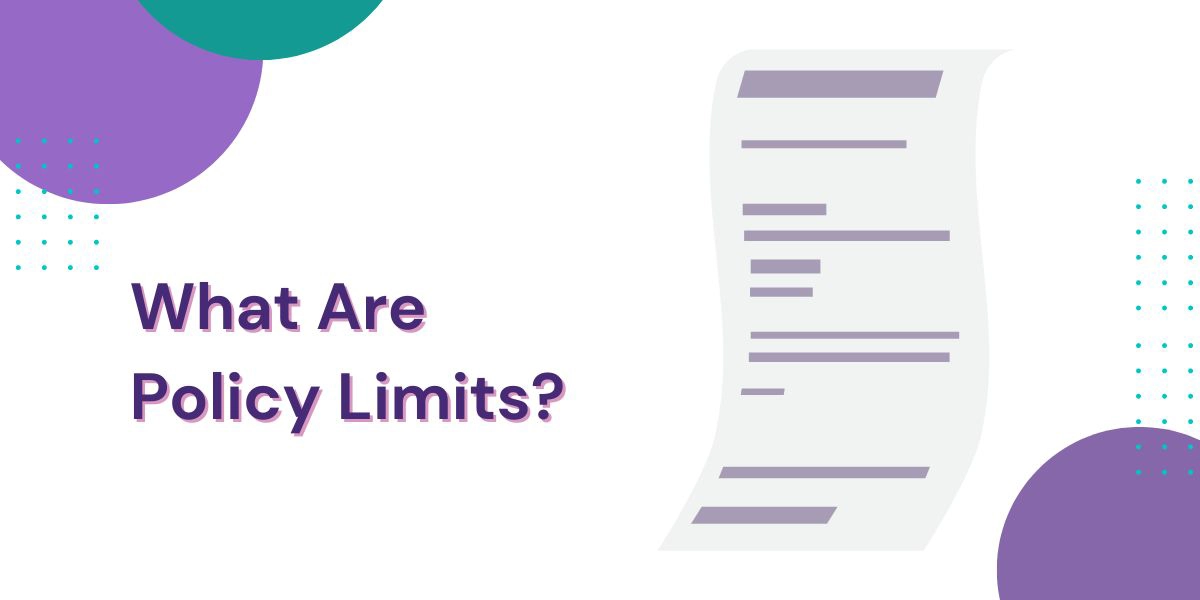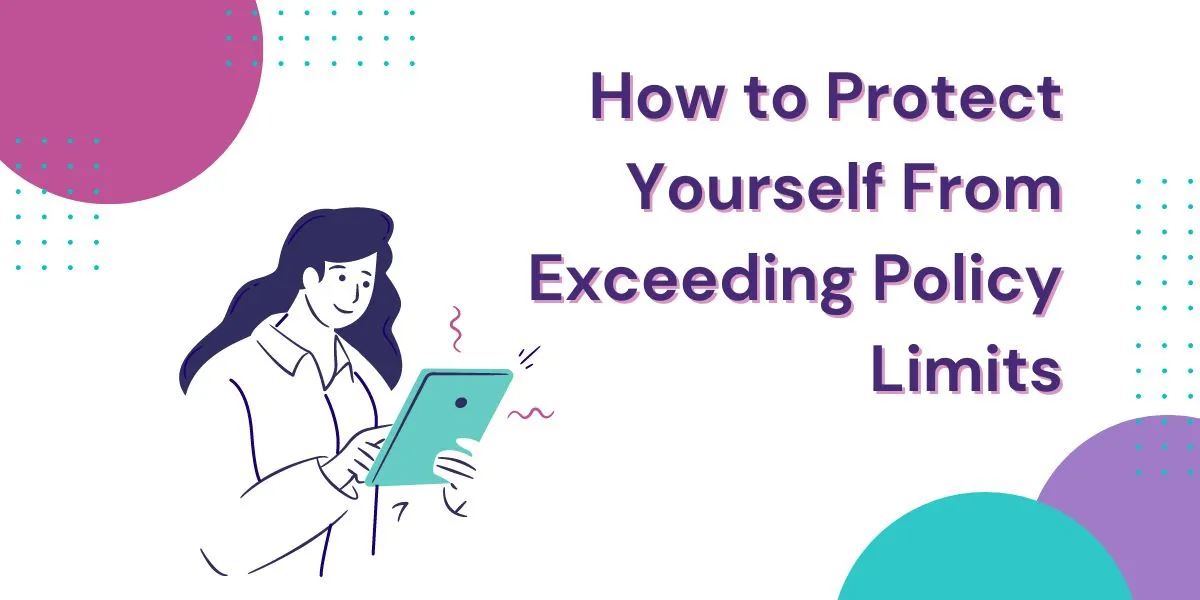Blog

Most of us expect our health insurance to cover the bulk of our medical expenses, especially when we face serious health issues. However, many health insurance policies come with limits, meaning there’s a cap on how much your insurer will pay. So, what happens if your medical bills exceed those policy limits? Understanding this situation can help you navigate the financial challenges that may come with it and help ensure you continue receiving the care you need.

What Are Policy Limits?
Let’s start by clarifying what policy limits are. Essentially, these limits represent the maximum amount your insurance provider is willing to pay for your medical expenses. These limits can be annual (reset every year) or lifetime (a total amount your insurer will pay over the life of the policy).
The tricky part is when your medical bills exceed these limits, leaving you responsible for covering the remaining costs. This can happen with chronic conditions or unexpected accidents that require costly treatments or long-term care.
What Happens When You Exceed Those Limits?
Once your medical bills surpass the amount your insurance policy is willing to cover, you’re left to figure out how to pay the rest. Here’s what you might expect:
You’ll Face Out-of-Pocket Costs
The first and most obvious outcome is that you’ll need to pay the remaining balance yourself. This can be a significant financial hit, especially when dealing with long hospital stays, surgeries, or expensive medications. Many people end up setting up payment plans with their healthcare providers to break up these large costs into smaller, more manageable payments. While this can help, it still adds to the stress of dealing with both medical recovery and financial strain.
Possible Denial of Further Treatment
Depending on the situation, some providers may refuse to continue offering non-emergency treatments if you’ve hit your policy limits and can’t pay for ongoing care. Hospitals are legally obligated to provide emergency treatment, but for other types of care, you could face a denial of services. This might leave you in the tough spot of needing critical treatments but not being able to afford them, pushing you further into debt or forcing difficult decisions about your health.
You Can Try Negotiating Your Medical Bills
Here’s some good news—many healthcare providers are open to negotiating bills, especially if they know you’re struggling to cover the costs. By working with the hospital or clinic, you might be able to lower your overall bill or set up a payment plan that works for your budget.
Organizations like Hansei Solutions specialize in helping patients navigate these negotiations. They can review your bills, advocate on your behalf, and help secure discounts or lower charges where possible. You’d be surprised at how many billing errors or unnecessary charges can be found upon review.
If you can offer to pay a portion upfront, many providers will give you a discount. You can also negotiate a long-term plan with little to no interest to avoid being overwhelmed by the full amount all at once.
Look to Secondary Insurance
If your primary insurance reaches its limit, you may have secondary insurance options. These could include supplemental policies, like critical illness insurance or hospital indemnity plans, that are specifically designed to fill the gaps left by your main coverage. Depending on your situation, programs like Medicare or Medicaid may also offer additional help, especially if you meet certain eligibility requirements.
Secondary insurance can make a huge difference in covering what your primary insurance won’t, though it’s important to keep in mind that these policies can come with their own set of limits or restrictions.
Government Programs and Other Assistance
If you’ve exhausted your insurance coverage and still have substantial medical bills, don’t overlook government assistance programs. Medicaid, for example, provides health coverage for those with lower incomes and typically has broader coverage than private insurance. If your medical condition leads to a disability, you might also qualify for Social Security Disability Insurance (SSDI), which can help ease some of the financial burden.
Many hospitals also offer financial assistance or charity care programs, which can reduce or eliminate medical debt for qualifying patients. These programs are usually based on income, so if you’re facing high medical bills, it’s worth looking into whether you qualify for these types of relief.

How to Protect Yourself From Exceeding Policy Limits
The idea of medical bills exceeding policy limits is overwhelming, but there are steps you can take to protect yourself:
- Know Your Policy Inside and Out: It’s essential to fully understand your health insurance policy—especially its limits. Knowing how much coverage you have and for what types of care can help you plan better and avoid surprises. Make sure you’re aware of any annual or lifetime limits on your policy and review it regularly to ensure it still meets your needs.
- Consider Supplemental Insurance: If you’re at risk of exceeding your insurance limits—maybe you have a chronic illness or are planning a major medical procedure—supplemental insurance might be worth considering. These plans are designed to cover what your primary insurance won’t and can prevent massive out-of-pocket costs down the line.
- Start Negotiating Early: The earlier you start negotiating with your healthcare providers, the better. If you see that your bills are piling up and your insurance coverage is running thin, it’s time to open a dialogue with your providers about payment plans or discounts. Many hospitals have financial counselors who can help you explore options before things get out of hand.
Getting Help Before Medical Bills Exceed Policy Limits
When medical bills exceed policy limits, it can feel overwhelming, but there are ways to manage the situation. Whether through negotiation, secondary insurance, or government assistance, there are solutions available. The key is understanding your policy, seeking help early, and knowing your options to avoid long-term financial and health consequences.

Ready to focus on providing healthcare? Let us lighten your load.
We’re here to address your pain points and create growth opportunities for your organization. We’re passionate about what we do, and it shows in every interaction. Learn what makes us tick and schedule a demo today.